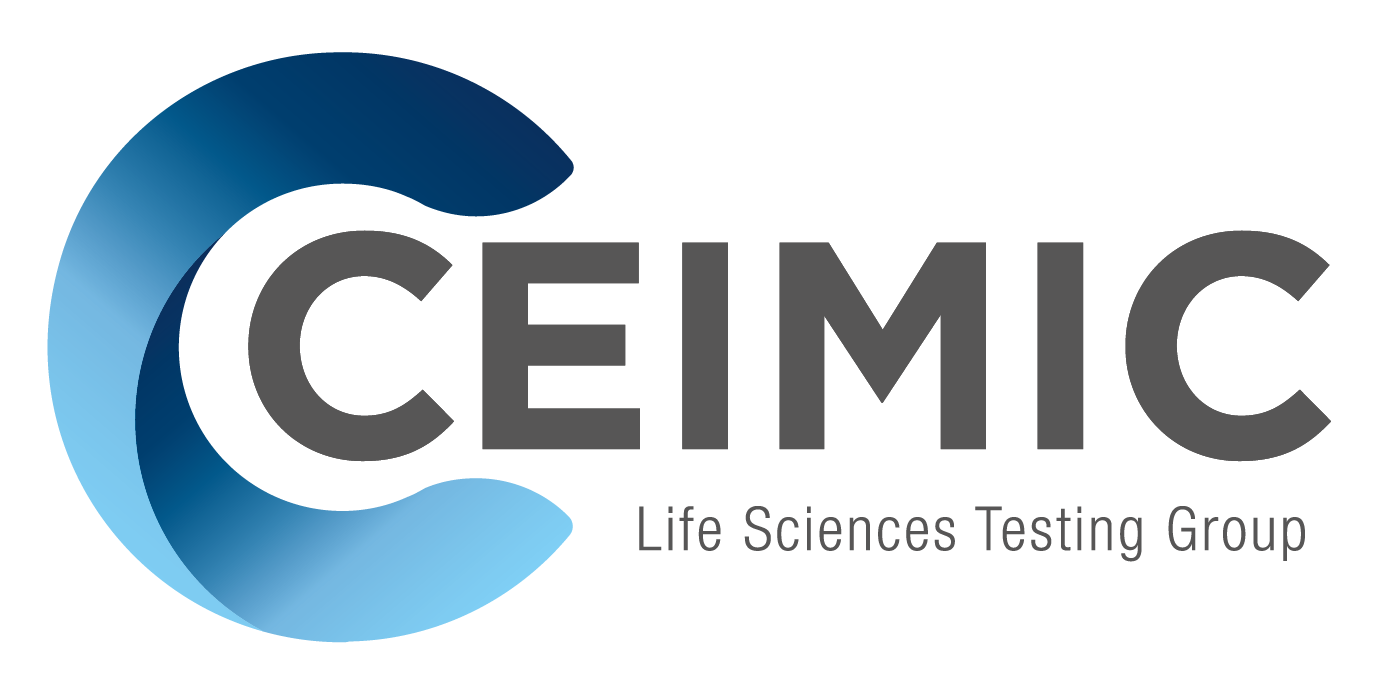Food security is a fundamental priority for the European Union, and the Multiannual National Control Plan is a key tool in this effort. In accordance with Article 109 of Regulation (EU) 2017/625 of the European Parliament and of the Council, all Member States are obliged to implement a multi-annual national control plan. This plan includes regular sampling and analysis of products, such as imported fruits, to ensure they meet maximum residue limits for pesticides and other contaminants.
Types of Sampling in the EU Multi-Annual Coordinated Control Plan
- Regular Sampling: These are carried out periodically on food products, especially fruits and vegetables, to detect the presence of pesticide residues. These samplings guarantee continuous monitoring of food safety.
- Risk-Based Sampling: In addition to regular sampling, additional sampling is carried out based on the risk identified by the competent authorities. This allows a quick and efficient response to possible threats to food security.
- Laboratory Analysis: The collected samples are sent to accredited laboratories for analysis, ensuring that the results are accurate and reliable. These laboratories use advanced methodologies to detect and quantify the presence of contaminants.
Main Types of Analysis to Ensure Food Safety
- Pesticide Residue Analysis: These analyzes are essential to detect the presence of pesticide residues in food and ensure that they do not exceed the maximum limits established by European legislation. Keeping these wastes within permitted limits is crucial for consumer safety.
- Microbiological Analysis: These analyzes seek to detect the presence of pathogenic microorganisms that can cause diseases. Early detection of these pathogens is vital to preventing foodborne illness outbreaks.
- Analysis of Chemical Contaminants: Includes the detection of heavy metals, mycotoxins and other chemical contaminants that may be present in foods. These contaminants can have adverse health effects if consumed at high levels.
- Analysis of Food Additives: It is verified that the additives used in foods are within the permitted limits and are safe for consumption. This control ensures that the additives do not represent a risk to the health of consumers.
Importance of the Control Plan
These controls are essential to protect consumer health and maintain high food safety standards across the EU. The implementation of the Multiannual National Control Plan allows for continuous and effective surveillance, ensuring that the food available on the European market is safe and of high quality.
At CEIMIC, we support and actively participate in these initiatives, contributing with our expertise in laboratory analysis to guarantee that food meets the highest safety standards. The health and safety of consumers is our priority, and we remain committed to excellence in every analysis we perform.
Ceimic . Life Sciences Testing Group.
It’s about life.
#RASFF #FoodSafety #EuropeanUnion #FoodQuality #EURegulation #LifeSciences #QualityControl #CEIMIC #ItsAboutLife


Recent Comments